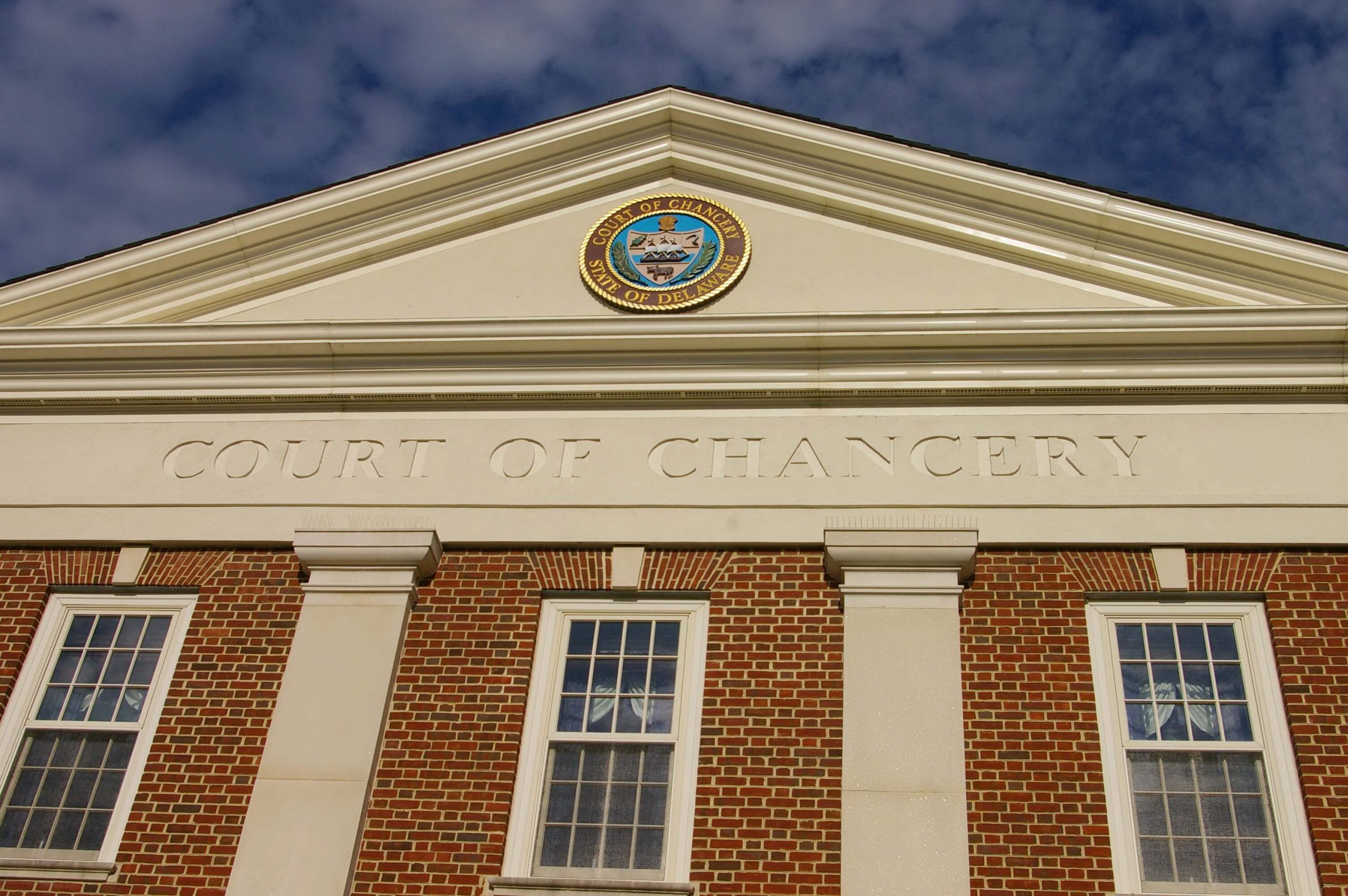
Conflict of Interest at the Highest Levels: Analysis of the Smuggling In...
Адвокат Максим Раков прокомментировал беспрецедентную ситуацию в израильском правоохранительном сообществе на радио РЭКА 1 февраля 2026 г.

In 1996 case In re Caremark International Inc. Derivative Litigation, 698 A.2d 959 (Del. Ch. 1996), the Court of Chancery of the State of Delaware has ruled that a corporate board of a company must “make a good faith effort to exercise its duty of care. A failure to make that effort constitutes a breach of duty of loyalty”.
Basically, the Caremark reflects on one on the basic principles of US corporate law called the “business judgment rule”. This principle means that a Company’s top management is liable not only for its own managerial decisions and their implementation. But also, if a director fails to exercise its “duty of care”, their oversights of certain “red flags” and company’s politics breaches are of consistent nature, and they lack a good faith in exercising their power, then the court may conclude that such director’s is in breach of their “duty of oversight” to the company and its shareholders.
Before Caremark this criterion applied only to directors and C-Level Executives that are supposed to owe this duty to a company’s shareholders.
However, in a recent (January 26, 2023) decision, the Delaware Court of Chancery has expanded the Caremark teaching from top management to junior management (Company’s Officers in huge corporations). In this particular case, the defendant, former Global HR of one of the largest US corporations, even though he was not a member of top managerial bodies of this company, was found to have breached his “duty of oversight” by not establishing a safe and respectful environment for all the workers. Not only he did not prevent multiple harassment cases during his work as a top HR, but he personally was also found to be guilty in several cases of harassment against the coworkers.
The Delaware Chancery Court concludes that company’s officers, being even “closer to the business” than directors and members of board of directors are, should be liable just as the directors if they oversight certain “red flags” in the area of their direct responsibility:
… that corporate officers owe a duty of oversight. The same policies that motivated Chancellor Allen to recognize the duty of oversight for directors apply equally, if not to a greater degree, to officers. The Delaware Supreme Court has held that under Delaware law, corporate officers owe the same fiduciary duties as corporate directors, which logically include a duty of oversight. Academic authorities and federal decisions have concluded that officers have a duty of oversight.
The fact that corporate directors owe a duty of oversight does not foreclose officers from owing a similar duty. Just as a junior manager with supervisory duties can report to a senior manager with supervisory duties, so too can an officer with a duty of oversight report to a board of directors with a duty of oversight. And just as a senior manager with supervisory duties can hold a junior manager accountable for failing to fulfill the junior manager’s supervisory duties, so too can a board with a duty of oversight hold an officer accountable for failing to fulfill the officer-level duty…
The expansion of top management-only Caremark test to junior management and officers shows a huge responsibility such managers should have in their given field.